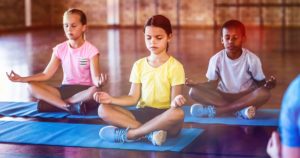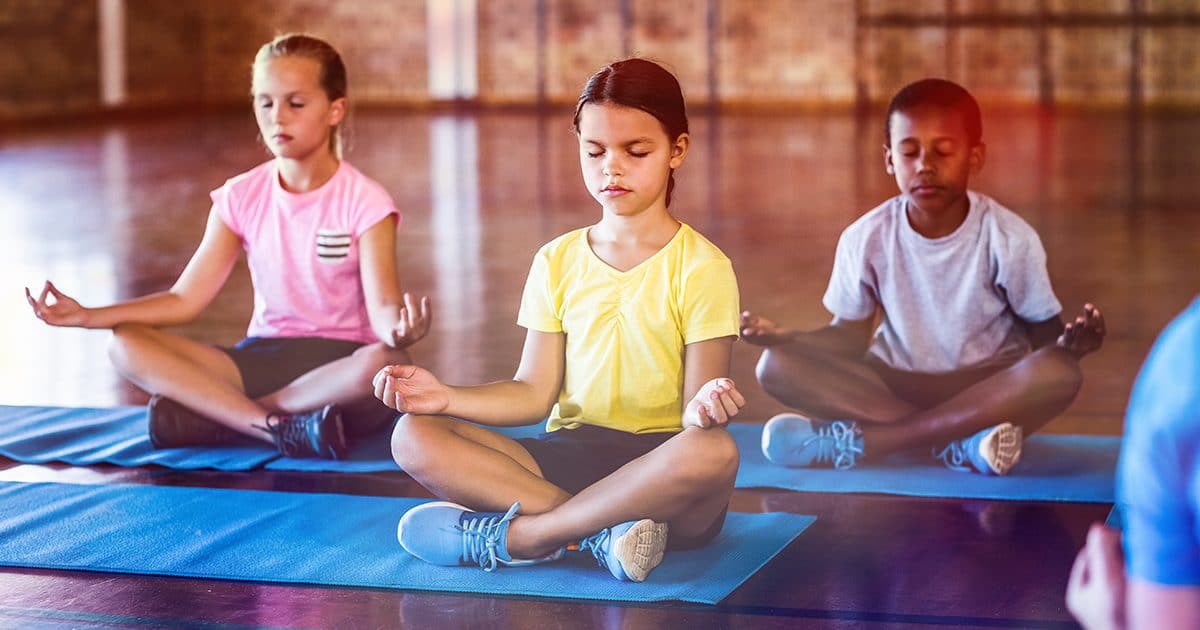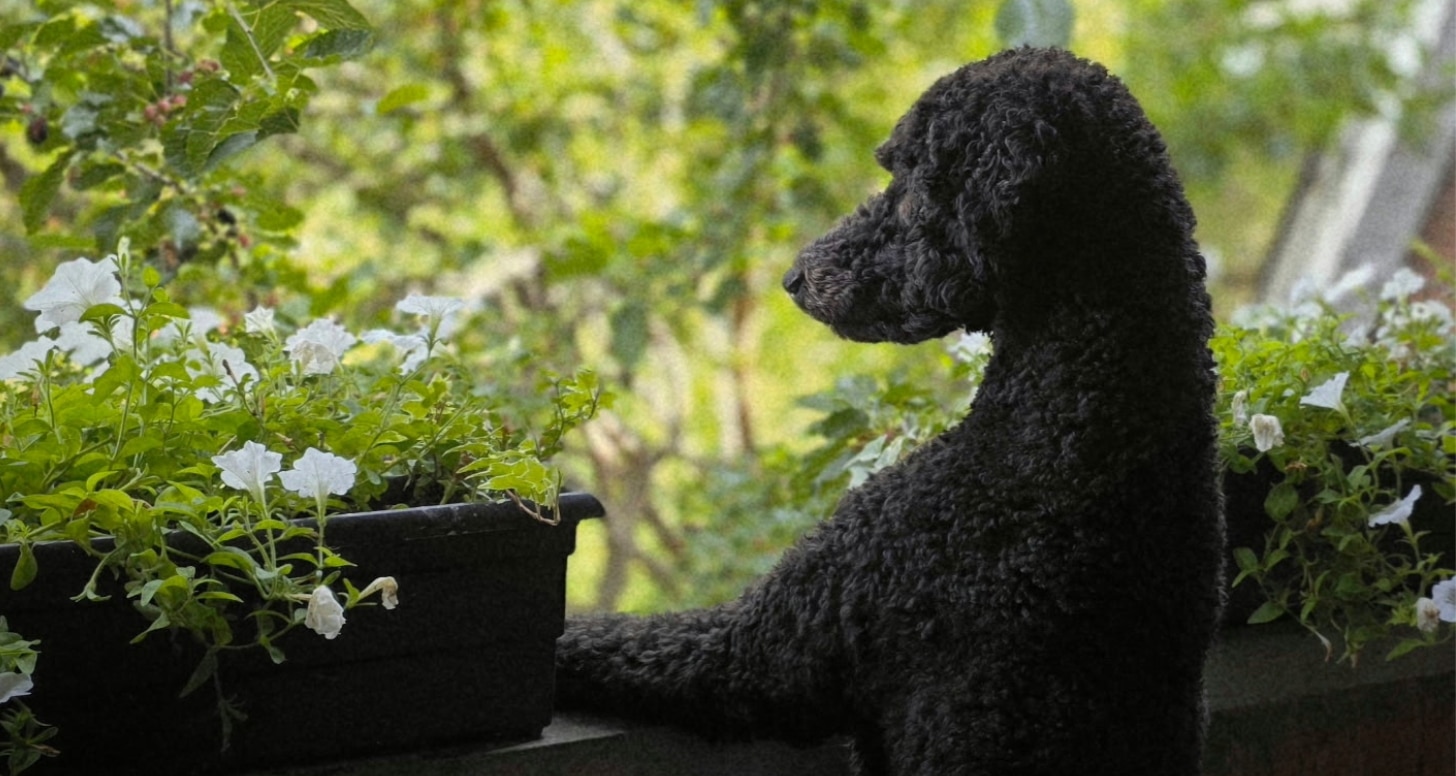
Self-regulation is our ability to maintain an optimal state in the given context by adjusting our level of alertness and engaging in behaviours that are socially adaptive. How does mindfulness come into play? The “moment to moment” awareness from being mindful requires the ability to focus and also recognize the many thoughts, feelings and sensations that happen to and around us. This skill of paying attention with the present is helpful in understanding how alert and focused you are. And only with this self-awareness can we begin to understand the triggers to our behavioural and emotional responses. As we develop this insight about our daily acts of self-regulation, we can identify the tools we have to regulate our state of alertness so we can interact and engage in positive relationships with our environment.
A few minutes of mindfulness a day could be a good start in developing tools to help children who struggle with self-regulation daily: following rules, waiting for their turn and adapting to a calm state when there are sudden changes. This could be as quick as practicing a deep breathing technique at the same time each day or allotting 5 minutes in the morning or evening for mindful meditation. Don’t forget to practice these mindfulness skills at home, in the classroom, and while waiting for public transit. Actively paying attention in different environments can help children (and adults!) better develop their self-control of both behaviours and emotions, and better adapt to day to day changes that may throw us off balance.











